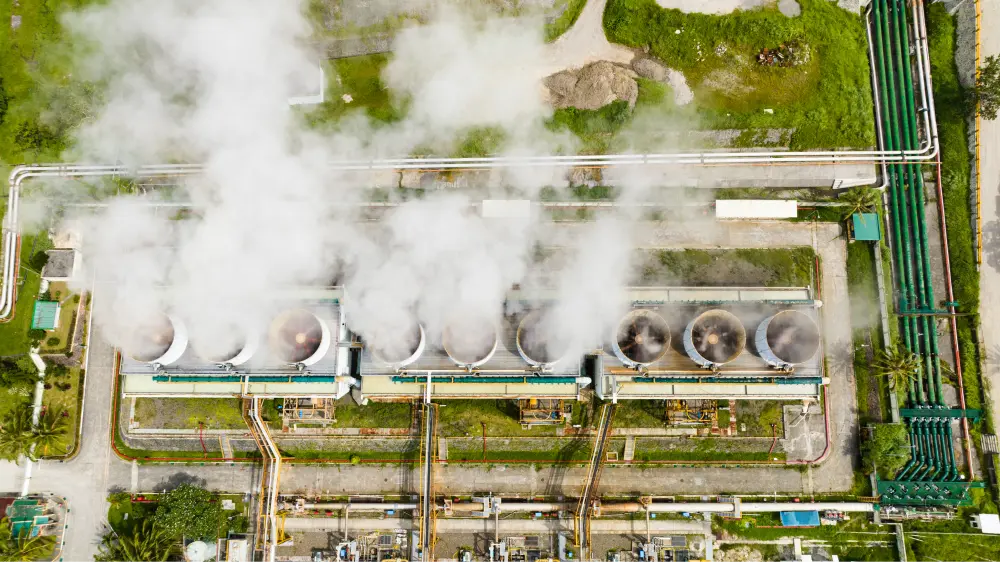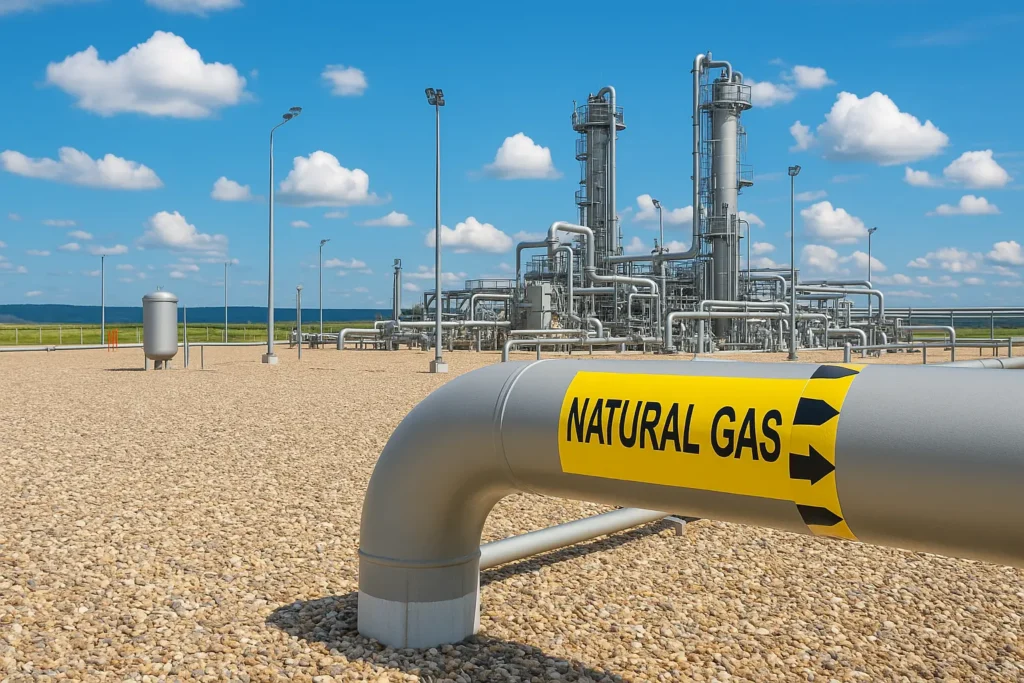How Many Geothermal Power Plants in Texas?
3 minute readAnalysis of geothermal development in Texas through 2025. From pilot projects to legislative trends and future potential.
Home > Learning Center > Energy Production > Pros and Cons of Biomass Energy
2 minute read • Last update September 2024

| Pros of biomass energy | Cons of biomass energy |
|---|---|
| Renewable energy source | Land use and deforestation |
| Potential for carbon neutrality | Competition with food production |
| Reduces and utilizes waste | Air pollution |
| Job creation | Resource intensive |
There are several positive attributes to the use of biomass for power generation, including the renewable nature of course materials, the focus on carbon neutrality goals, waste reduction, and job creation.
Once depleted, it’s impossible to replace fossil fuels like coal and oil. In contrast, the organic materials used in biomass conversion can be continually grown and harvested, presenting more viable longterm energy possibilities.
According to the U.S. Energy Information Administration (EIA), renewable energy already accounts for about 21% of total U.S. electricity generation and is set to contribute to 80% of new power generation by 2030.
When new biomass is grown to replace harvested materials, it absorbs a comparable amount of carbon dioxide through photosynthesis. Experts believe biomass can reduce greenhouse gas output by up to 90%.
This equilibrium results in a close-to-closed carbon loop, making biomass energy a potentially carbon-neutral option when managed efficiently.
Food waste alone in the US adds up to nearly 60 million tons annually. Biomass energy can utilize these organic materials along with agricultural residues and forestry by-products, mitigating the need for more resource-heavy waste disposal methods like landfill sites.
However, the burning of biomass that could be used elsewhere, such as fertilization, doesn’t pose as much of a net positive.
From cultivating and harvesting biomass materials and the operation and maintenance of biomass power plants to the development of new biomass-related technologies and research initiatives, the potential for job creation across various stages of the supply chain is diverse.
There are currently nearly 50,000 biomass-related energy jobs in the US, with continued growth expected.
Despite its abundant nature, biomass energy is not without its drawbacks, prompting a critical examination of the following environmental and societal implications.
The need for large-scale cultivation to secure ample biomass renewable energy resources raises viable concerns about land use and deforestation. Plus, some biomass crops produce only 500 to 1000 liters of biodiesel fuel per hectare, meaning life-cycle production and transport emissions may ultimately exceed those of traditional fossil fuels.
Striking a balance between bioenergy production and food security requires careful consideration. As the global demand for bioenergy crops rises, competition for arable land intensifies, potentially encroaching on areas traditionally used for food production, leading to challenges in food security.
Converting biomass by burning releases carbon monoxide and nitrogen oxides, contributing to air pollution.
The adverse effects on public health could be significant. For example, in Europe, it’s estimated that biomass smoke contributes to at least 40,000 premature deaths per year, as well as negatively affecting respiratory and cardiovascular health.
The production, transportation, and utilization of biomass energy require substantial amounts of water, fertilizers, and energy. So much so, that it may counterbalance the perceived environmental benefits, putting the net benefits of biopower under scrutiny.
Graham Lumley, Digital Marketing Manager at BKV Energy, leads digital and traditional marketing strategies, focusing on educating Texans about the state's deregulated energy market. With over 8 years of marketing experience, he creates content to help consumers understand and save on their energy bills, bringing a fresh and dynamic approach to the industry.

Analysis of geothermal development in Texas through 2025. From pilot projects to legislative trends and future potential.

How many natural gas plants operate in Texas? How many more are proposed amid surging energy demand?
Get $50 off your electric bill!
Use code BKVEJOINUS50
Enter your zip code to shop BKV Energy's affordable, fixed-rate Texas electricity plans. Use the promo code for $50 off your electric bill.